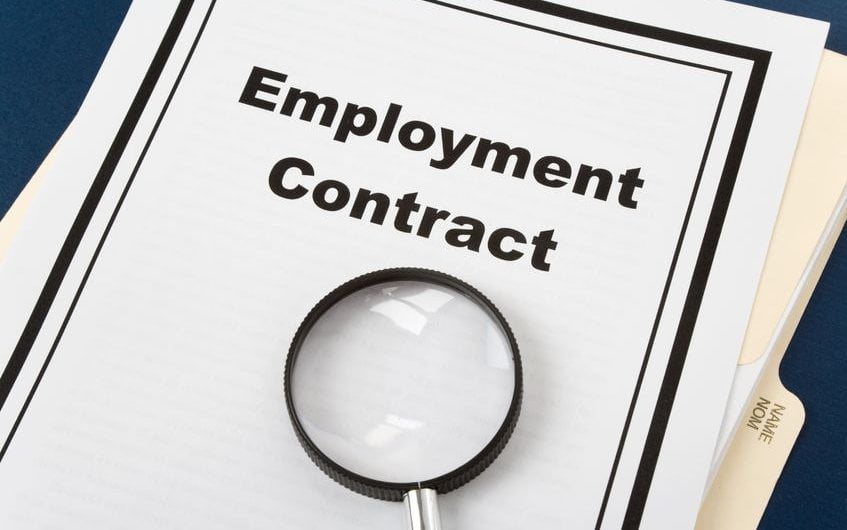Making Employment Decisions Under Pressure and on the Fly – Consider the Consequences Carefully

The current pandemic of Covid-19 has caused both Government and Business to respond swiftly to the crisis in a multitude of ways. Just as the need of having to adapt quickly is paramount, knee-jerk responses are still to be avoided when making employment decisions.
Many businesses have had to put staff off, or in some cases temporarily reduce wages, to keep their businesses viable during a downturn in cash flow. The question then is, what are the entitlements of that employee should they then be terminated during a time of temporary wage reduction. If the wage of the employee has been temporarily dropped below the threshold where unfair dismissal protection is applicable, what is the position in law? Does the previous wage level still hold, or does the temporary reduction take precedence?

In a recent judgement of the Fair Work Commission, it was found that an employee who’s 15% wage reduction had become eligible to fall under the Unfair Dismissal Rules when she was terminated, despite having been previously earning above the $148,700 threshold.
Disputes regarding employment are escalating, including not only issues of unfair dismissal, but the issue of employees accumulating benefits under the Jobkeeper programme. When the government subsidies are no longer being made, will the employer not only be unable to maintain their staffing levels, but also have the necessity to pay out the entitlements that have been accumulating under the government assistance?
These are all new challenges for employers and employees alike. The important thing is that we all remain considered in our business decisions regardless of the urgency of the moment in which they are made. There is a long way to go and dealing with the challenges of tomorrow will be impacted by the decisions we make today.
Getting advice before you make decisions can be quick, and simple compared to the pain of costly errors for which you will pay further down the line. It is the old adage, an ounce of prevention is worth a pound of cure.
Contributing Advisors

